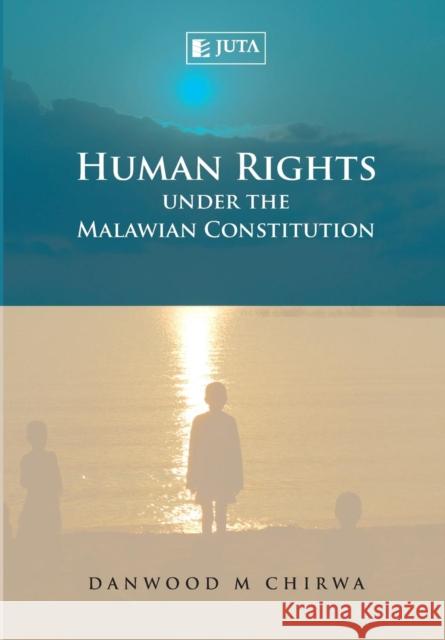Human Rights Under the Malawian Constitution » książka
Human Rights Under the Malawian Constitution
ISBN-13: 9780702186097 / Angielski / Miękka / 2011 / 600 str.
In 1994, Malawi adopted an unusually progressive Constitution, unprecedented in the country's political and constitutional history. 'Human Rights under the Malawian Constitution' takes stock of the human rights jurisprudence generated by the new Constitution and the new judiciary in Malawi over the past sixteen years. The book examines the largely unreported Malawian cases and legislation and systematically analyses them with a view to constructing a coherent corpus of human rights jurisprudence, which is essential to consolidating democracy, establishing the foundation for the rule of law and ushering in an era of accelerated development in Malawi. The author draws on a wealth of international and comparative jurisprudence, including that from other African countries, without detracting from the main objective of constructing a Malawian brand of jurisprudence. Ultimately the book reveals that it is possible for human rights to grow even in underdeveloped countries. 'Human Rights under the Malawian Constitution' is intended for use by judges, lawyers, legal scholars, students, civil society, law reform officers, human rights institutions and comparative law scholars.Danwood Mzikenge Chirwa is Associate Professor of Law and Head of the Department of Public Law at the University of Cape Town. He has published widely in the fields of constitutional and human rights law. ' This book] makes a significant contribution to African constitutional law. The author has engaged in a careful and systematic treatment of all of the clauses contained in Malawi's Bill of Rights, as well as the jurisprudence which has been developed by its courts over the past 16 years ...Accordingly, this is a work which anyone who wishes to engage in African constitutional law in general and Malawian law in particular will be required to use as a major source of reference.' Dennis Davis, Judge of the High Court of South Africa; Honorary Professor of Law, University of Cape Town ' This book] fills a gap in the literature of human rights in the region with its excellent examination of the Malawian provisions. It is well written and will appeal to a wider readership than Malawi.' Boyce Wanda, Professor of Law, University of Fort Hare











